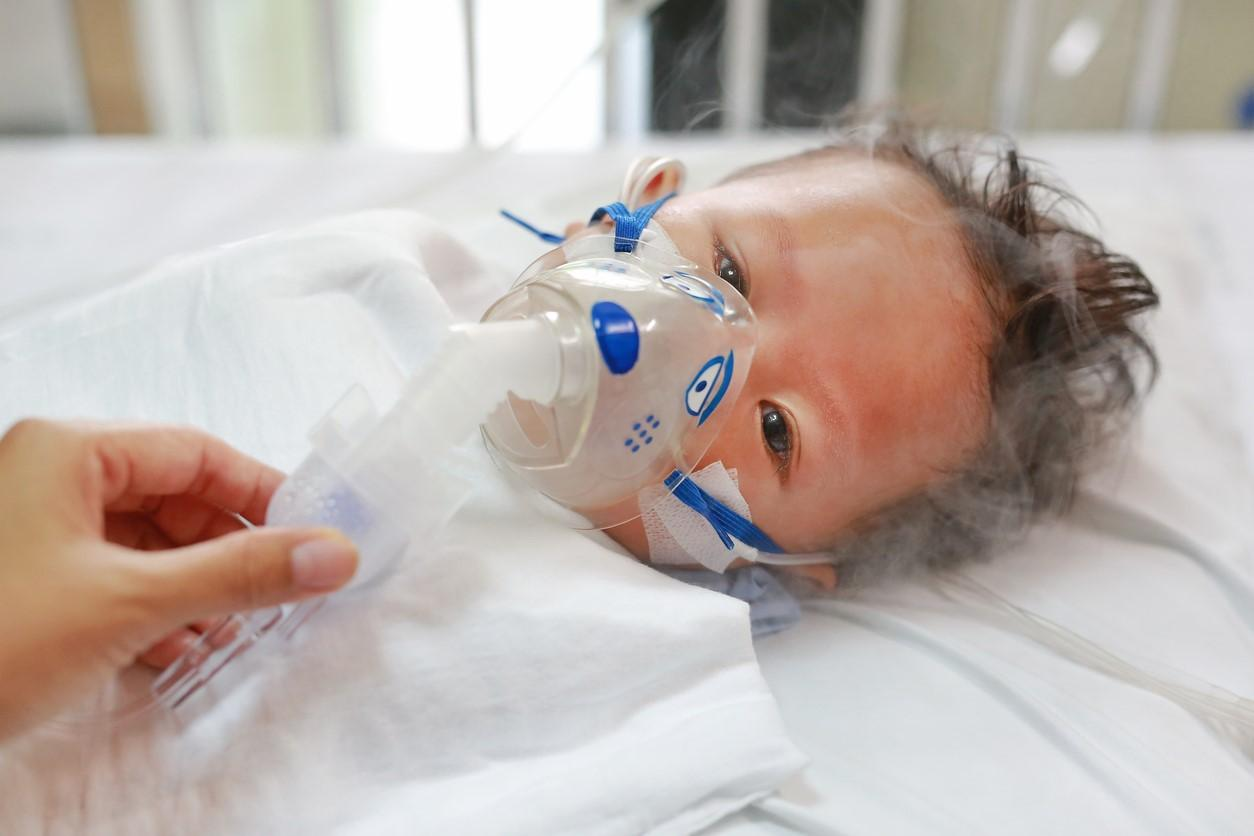Respiratory virus season is only starting, and demand has already outstripped supply for the newly approved and potentially lifesaving monoclonal antibody injection for preventing respiratory syncytial virus (RSV) in children.
David Margraf, PharmD, PhD, pharmaceutical research scientist at the Resilient Drug Supply Project (RDSP), said the nirsevimab-alip (Beyfortus) shortage is reminiscent of the COVID-19 vaccine rollout. RDSP is part of the University of Minnesota's Center for Infectious Disease Research and Policy (CIDRAP), publisher of CIDRAP News.
"Wealthier nations secured most early vaccine supplies, which led to delayed vaccine rollouts in many low- and middle-income countries," he said. "Even in the United States, wealthier communities had better access to vaccines, and rural areas also faced challenges due to distance and scarce resources."
The US Food and Drug Administration (FDA) approved the long-acting drug in July, and in August the Centers for Disease Control and Prevention (CDC) recommended the prescription drug to protect all infants up to 8 months old entering their first RSV season and for high-risk children up to 24 months in their second season. RSV is the No. 1 cause of hospitalization among US infants.
On September 5, the CDC warned that RSV activity was picking up in the southeastern United States, often a bellwether for the rest of the country.
Manufacturer didn't accurately estimate demand
"Despite an aggressive supply plan built to outperform past pediatric immunization launches, demand for this product, especially for the 100 mg doses used primarily for babies born before the RSV season, has been higher than anticipated," Beyfortus co-developer Sanofi said in an October 26 statement.
Margraf said that while the FDA evaluates the manufacturing processes and facilities, the capacity of the manufacturer to meet demand is not a major consideration in the approval process. "However, the FDA does work with pharmaceutical companies post-approval to address issues related to shortages, especially with critical drugs," he said. "It may be time for the FDA to assess manufacturing capacity in the drug approval process."
Sanofi said it was working with the CDC and to ensure equitable distribution of available doses of the drug to Medicaid-eligible, uninsured, or American Indian/Alaska Native children through the Vaccines for Children (VFC) program. The company said it, along with co-developer and manufacturing partner AstraZeneca, would take a similar approach to distribution of the $495-a-dose drug on the private market.




















